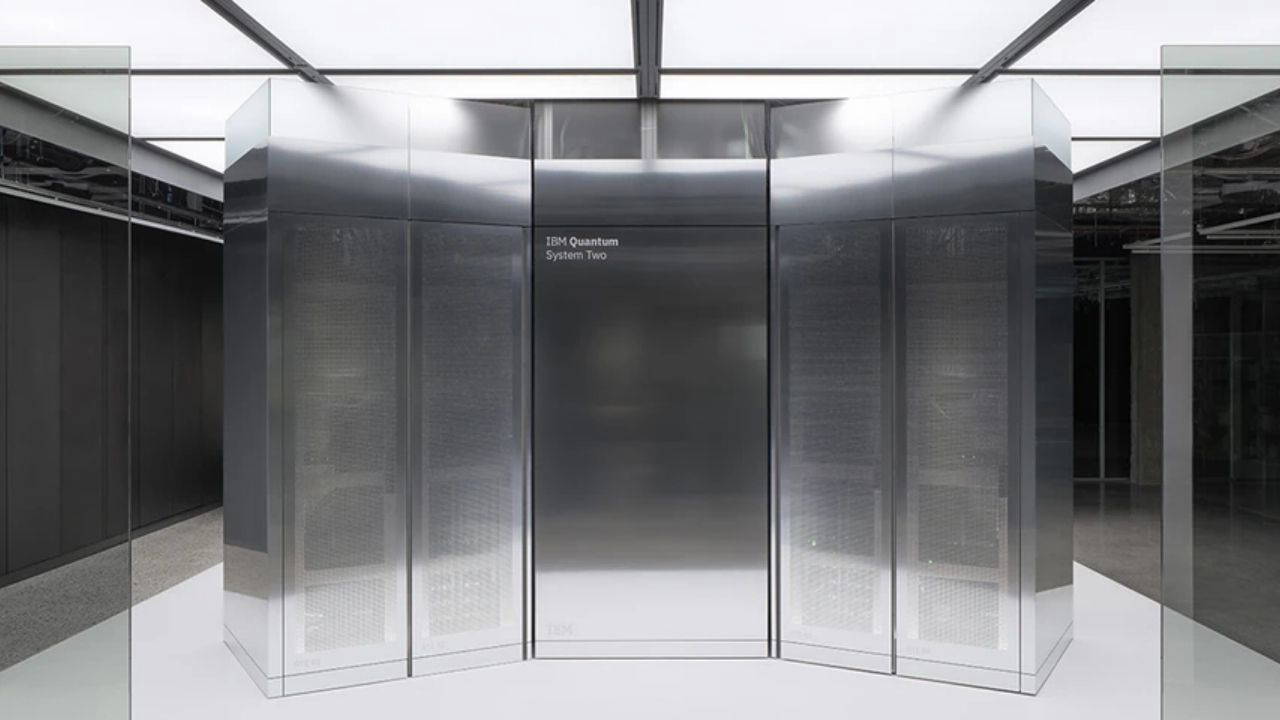IBM and AMD to develop quantum computers together

Tech companies prefer to collaborate in areas where budgets are high and raw material shortages are likely. In this context, IBM and AMD will collaborate to develop scalable, open-source platforms.
IBM AND AMD WANT TO CREATE A HYBRID MODELUnlike classical computers, which can only have values of "0" or "1," quantum computing uses qubits, which represent information according to the laws of quantum mechanics. This is described as a radically different way of representing and processing information. It provides a much more diverse computational landscape for solving complex problems that classical systems cannot solve.
IBM CEO Arvind Krishna said:
"Quantum computing will simulate the natural world and present information in a completely new way. By exploring how IBM's quantum computers and AMD's advanced high-performance computing technologies can work together, we will create a powerful hybrid model that pushes the boundaries of traditional computing."
AMD CEO Lisa Su said that high-performance computing is fundamental to solving the world's most pressing problems and that AMD sees great opportunities in accelerating discovery and innovation through the partnership with IBM.

In a quantum-focused supercomputer architecture, these devices essentially work in conjunction with powerful, high-performance computing infrastructure and AI applications. This allows them to solve different problems using the paradigm most suited to them. For example, quantum computers can potentially model the behavior of atoms and molecules, while classical supercomputers with AI can process the massive datasets.
AMD and IBM are currently exploring ways to combine AMD processors and graphics with IBM quantum computers to accelerate new algorithms that cannot be implemented with classical or quantum systems alone. The companies say this could also help build reliable quantum computers within about 10 years.
Later this year, IBM will also demonstrate how its quantum computers will work with AMD technologies to enable hybrid quantum-classical workflows. The partnership is currently focused on exploring how open-source ecosystems can accelerate the development and adoption of new algorithms.
Cumhuriyet




